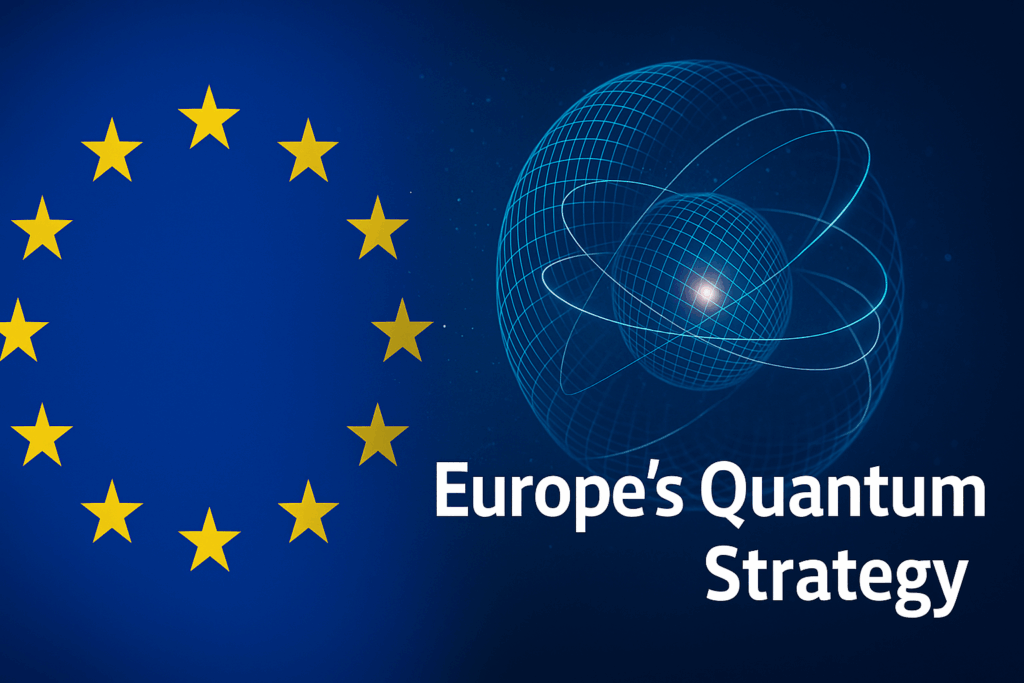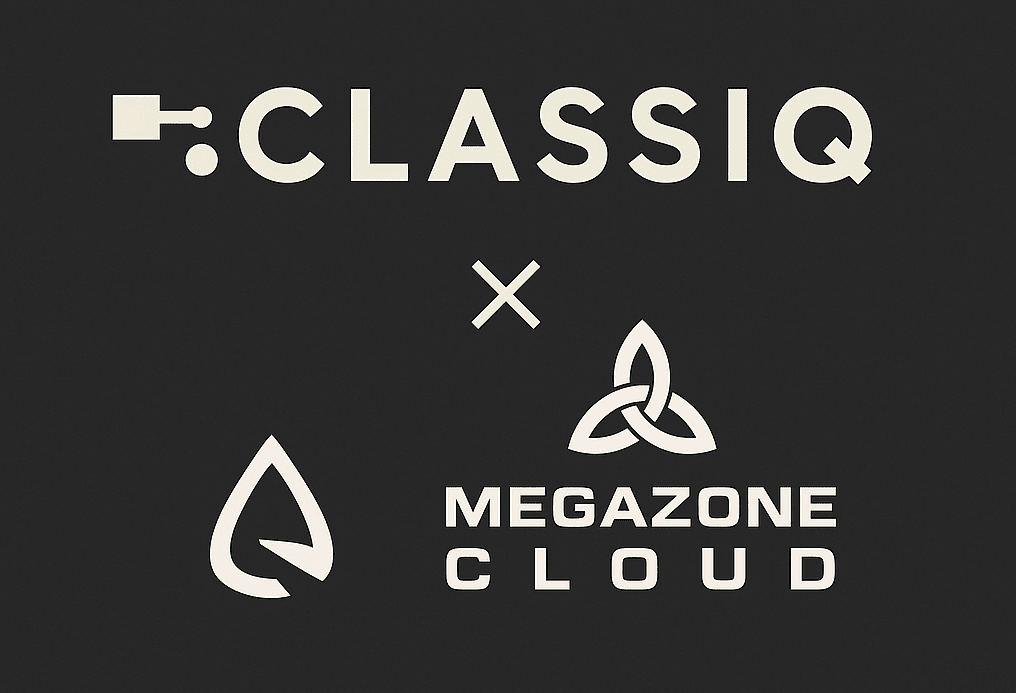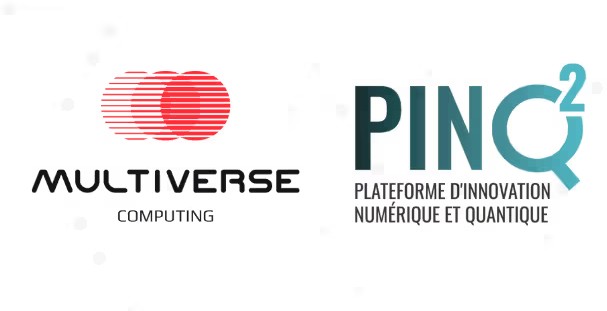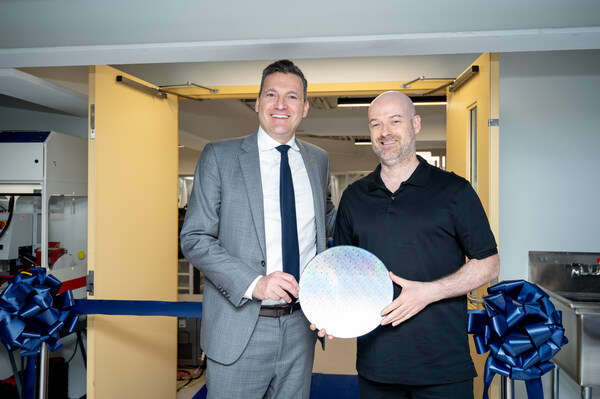Insider Brief
- ICOSA and NEC have developed Vector Annealing (VA), a quantum-inspired computing method, which significantly accelerates solution finding in financial portfolio optimization.
- VA’s implementation in financial portfolio management, using Markowitz’s Modern Portfolio Theory, has shown consistent outperformance over traditional simulated annealing, especially in larger problem scenarios.
- Future applications of VA in financial markets include fine-tuning trading algorithms for mid-sized markets using ICOSA’s machine-learning toolkit to improve profitability and market strategy.
A collaboration between Icosa Computing and NEC has led to the development of a new quantum-inspired computing method, Vector Annealing (VA), which shows improved performance in financial portfolio optimization compared to traditional techniques, according to a recent white paper.
Vector Annealing, an advanced version of the simulated annealing algorithm, uses special-purpose hardware to simulate quantum behaviors on conventional computing platforms. The VA significantly reduces computational complexity, achieving solution finding speeds up to 300 times faster than traditional Simulated Annealers in certain conditions.
The study applied VA to financial portfolio optimization, utilizing Markowitz’s Modern Portfolio Theory. This approach, which treats portfolio management as a quadratic binary optimization (QUBO) problem, saw VA consistently outperforming the traditional simulated annealing algorithm, particularly in larger problem scenarios.

The researchers wrote: “VA consistently produced better quality solutions than SA in our tests, this is despite the temperature parameters being chosen to optimize SA. We also found that the the magnitude of the advantage of VA over SA — the average energy gap between VA and SA — increased as the number of variables grew for untuned models, demonstrating that VA has a nontrivial scaling advantage.”
Insights from Market Performance Testing
While the white paper’s focus was not on actual financial returns, it provided insights into the performance of VA and traditional simulated annealing under real market conditions. An example involving over 5,000 stocks in the U.S. equity market showed that VA’s performance was significantly enhanced with minor adjustments to the return-to-risk ratio coefficient.
Future Prospects and Practical Applications
The research points to potential applications for VA in financial institutions, especially in mid-sized markets with 1,000-5,000 stocks. ICOSA aims to apply VA in conjunction with their proprietary machine-learning toolkit for fine-tuning problem parameters. The goal is to improve profitability in financial market strategies.
VA’s capability to handle large-scale problems suggests considerable potential in financial markets. Future research will involve testing more finely tuned models in actual trading scenarios, exploring the benefits of quantum-inspired methods in practical financial applications.
Icosa builds quantum computing and physics enhanced optimizers for financial institutions. NEC Corporation is a multinational information technology and electronics corporation headquartered in Japan.
You can read the entire white paper here.
For more market insights, check out our latest quantum computing news here.
















